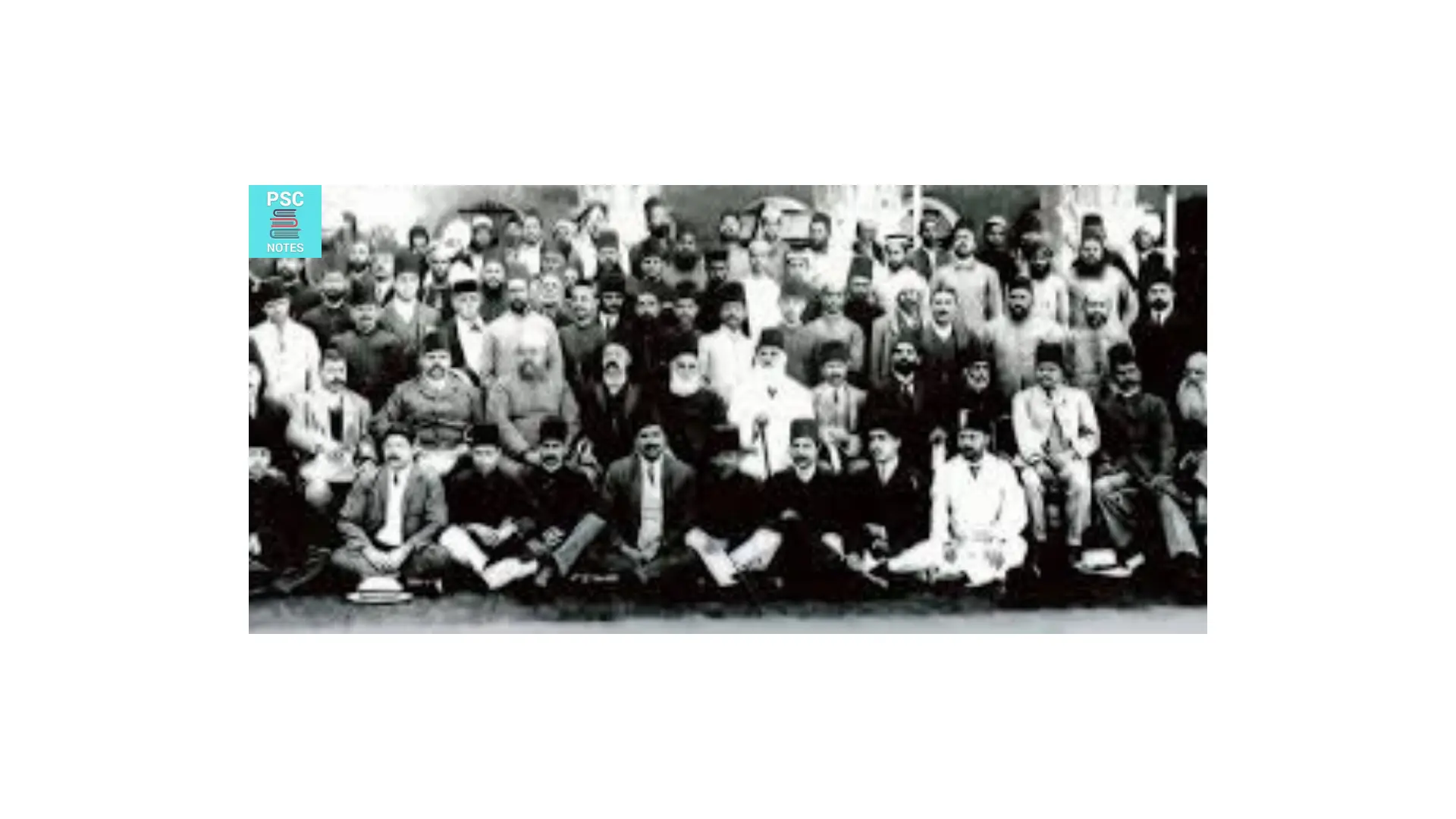Geo-political and Strategic development in west Asia and impact on india
Geo-political and Strategic development in west Asia and impact on india Geopolitically, West Asia is the most important region of the world. The strategic geographical location of the West Asia has made the region from ancient times the centre of world focus among nations and Empires as they tried to control over the trade route … Read more
